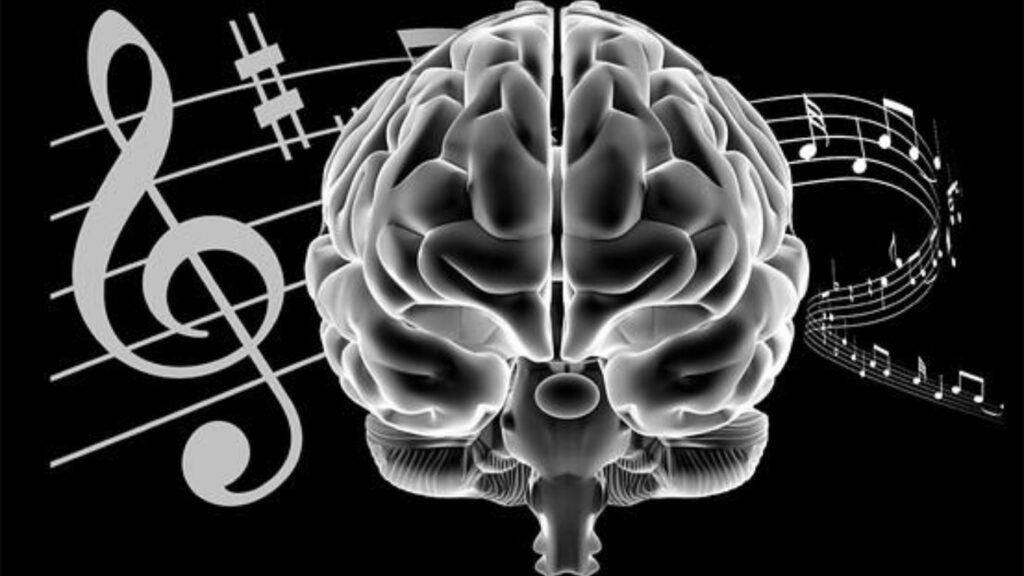In Greek mythology, Apollo was known as the god of medicine, healing and music. Today, we know that music can improve the treatment and rehabilitation of neurological disorders. The neurologist of the University of Music, Drama and Media, Hanover, Eckart Altenmuller, will explain at CosmoCaixa on Thursday February 21 the effects of hearing and making music, short and long term, in our brain.
The talk “therapy with music: The gift of Apollo” is part of the lecture series “Music and impact on the body and mind “, organized by the Obra Social “la Caixa” and the IDIBELL, under the coordination of Antoni Rodríguez-Fornells (IDIBELL-ICREA-UB). The director of the University of Music, Drama and Media of Hannover, Eckart Altenmuller, has managed to combine his two passions, music and medicine in the investigation of the effects of music on the brain and its potential as neurorehabilitation therapy.
The musician and researcher studying that make music and listen to music generate on the multisensory and motor network of our brain and hopw these multimodal effects, along with the ability of the music to activate emotions and reward system in the brain, may be mechanisms to facilitate treatment and rehabilitation of neurological disorders. According Altenmuller, making and listening to music has effects short-and long-term in our brain and influences the development and transfer of emotional and cognitive processes. In this lecture, musical researcher explains several cases of motor rehabilitation with musical therapy and its neuronal performance.
Lecture
The lecture series “The music and its impact on the body and mind” is organized by the Obra Social “la Caixa” and the Bellvitge Biomedical Research Institute (IDIBELL). The sessions will take place in CosmoCaixa Barcelona from January 31st to June 4th, and will bring together internationally recognized experts like Steven Mithen, Sandra Trehub, Eckart Altenmuller, Jaume Ayats, Emmanuel Bigand and Josef Rauschecker. The series is coordinated by ICREA researcher at IDIBELL and the University of Barcelona, Antoni Rodriguez-Fornells.
The activity aims to understand an amazing cultural phenomenon of our species: the music. The conference will discuss the origin of music and how it has evolved, from the time that one of our ancestors first built a flute to start producing the first sound, approximately 40,000 years ago, to the latest musical and technological transformations. The questions that arise about the music are numerous, from how to develop musical skills in babies to the common features of those with a talent for this art.
In fact, understanding music, their relationship and impact on our body through the expression of emotions, its value as a social and communication link, its evolution over time, history and cultural expressions, “will allow us to better understand where we are going in this area, both to understand future musical expressions to know why music is used in different contexts healing in many cultures”, explains Antoni Rodriguez-Fornells. The coordinator of the lecture series, group leader at the IDIBELL and UB Group of Cognition and Brain Plasticity, notes “the ability of music to stimulate brain plasticity and may contribute to the reorganization of neural circuits”.

